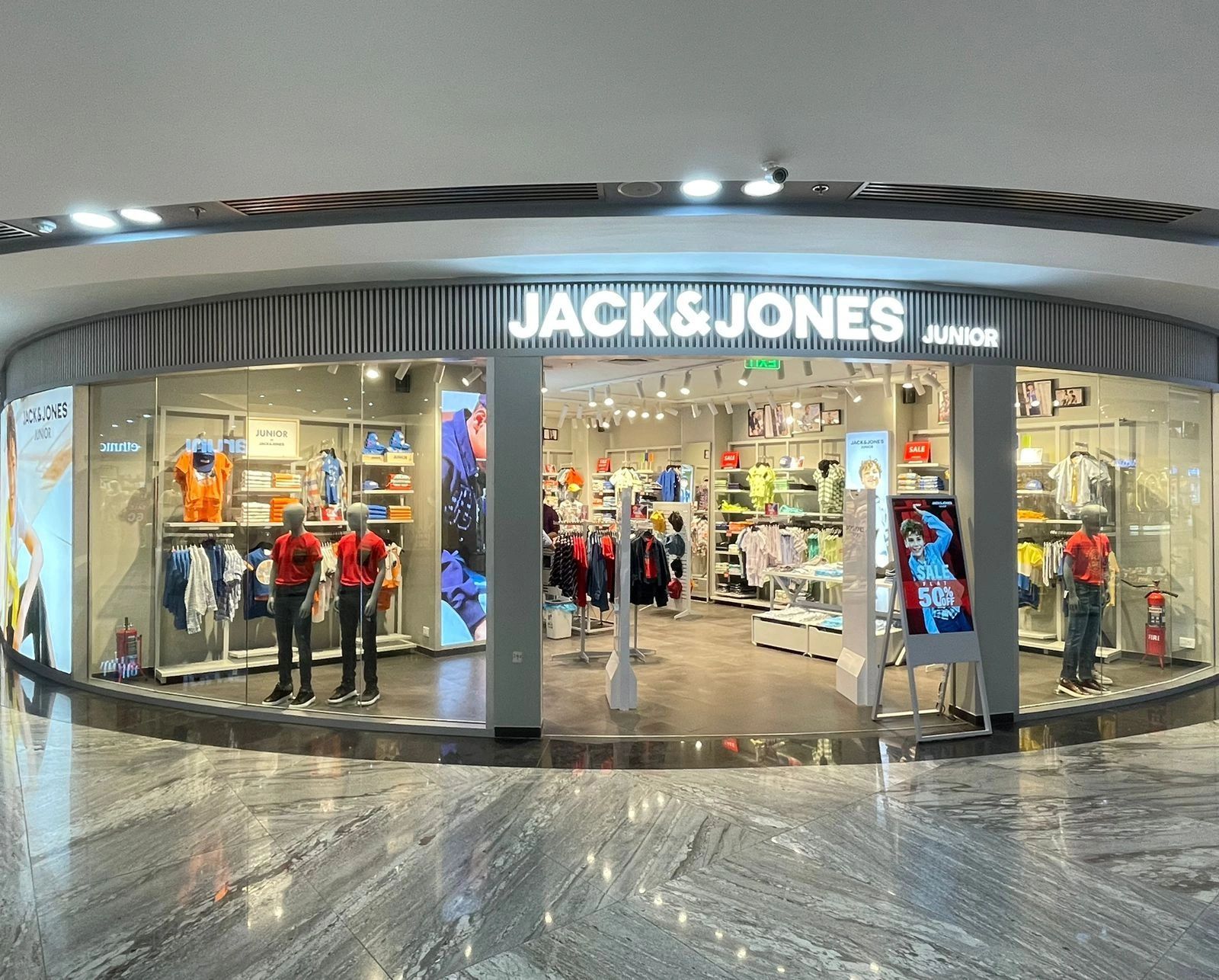Bestseller India CEO Vineet Gautam on the changing trends in fashion retail, the company’s digital transformation and industry-wide slowdown…
New Delhi: Vineet Gautam is the India chief executive officer for Danish fashion and lifestyle group Bestseller, overseeing a gamut of brands including Jack & Jones, Vero Moda, Only, and Selected Homme among other labels. Gautam joined Bestseller in January 2010 and under his stewardship, Bestseller India has emerged as a force to reckon with in India’s burgeoning fashion and lifestyle market, taking Bestseller’s store count from 15 doors about one-and-half decade ago to more than 1,600 stores at present.
Gautam talks to IndiaRetailing about an ongoing retail business slowdown, Bestseller India’s digital transformation; the emergence of D2C fashion brands on India’s fashion and lifestyle scene and the growing pattern of deep discounting by brands that is troubling the industry at present.
Edited excerpts:
A lot of retailers have been talking about a persistent slowdown. How long do you see it to last?
I think we should look at it from the pre-Covid period till now and the overall growth part. So, in that scenario, we have had decent growth. Pre-Covid to post-Covid there was a large influx where many fashion businesses received huge upsides. If you look at it from that perspective, there is still growth.

Yes, the last year has been a little bit tough, but it’s also attributed to high inflation—retail inflation, not overall inflation. The interest rate cycle is at its peak. Overall, disposable income for the lifestyle category is impacted. Plus, post-Covid, the lifestyle of consumers has also changed. They would like to have more experience. So, some part of the share of the wallet is going to experience and hence the industry is seeing a little bit of slowdown.
By experiences do you mean travel?
Travel, eating out… people are spending money on other experiences. Part of the money is going into health and lifestyle, and home upliftment. The interest rate cycles were low. So, people bought homes as real estate prices were low post-Covid. It will take about two more quarters to bounce back, and I think Diwali should be good.
Some companies are saying they are conserving cash, some are scaling down expansions or going slow on inventories. What is your company doing in such a scenario?
A slowdown is a good time to relook at what efficiencies can be brought into the business. I think all fashion retailers—including us –have seen a large growth post-Covid. We have expanded a lot and have looked at new businesses, new opportunities and new categories. We are also introspecting and looking at what is the right thing to have. Also, it is a good time for us to do a lot of digital innovation and transformation. That is what we are seeing in the industry and that is something we will also spend time on. It’s a good time to bring more efficiency and improve the fundamentals of business.
What does the digital transformation you have done, involve?
A lot of our offline stores have become online altogether. We are 100% omnichannel now. We are also digitizing a lot of processes. Our omnichannel is real-time.
And have you digitized the supply chain as well?
We have. We had digitized a large part of our supply chain earlier also and we tried to enhance that with a lot of other tools that we have brought in. We are also trying to digitize the retail experience in a way.
Many new-age fashion and lifestyle brands are getting great products while others are caught up in valuation games, which is ultimately hurting the larger fashion ecosystem. Do you want to comment on this?
As an industry, valuation has become a new norm. And I think the fundamentals of businesses are something which a lot of people have forgotten because, in the last few years, cash capital was easily available through funds and other investments. That is when we don’t value cash so much. And in any business, cash is always the king. If one starts to value cash rightly, one puts the right fundamentals into business.
At the end of the day, a good fundamental business is for the long term. A fast growth, bad fundamental business may perhaps give good valuation for the short-term. But at the end of the day, there is no value creation. People are getting confused between value creation and valuation.

People have to start looking at value creation at many levels—brand level, and product level. What is the value you are creating for your end consumer, for your company and for your investors? That is where people need to focus. But all industries go through this, and we are also going through this because D2C suddenly is big.
Are there any D2C brands you admire?
There are multiple people doing a good job on D2C, although I would not like to take any names here. The good part is that other brands also can learn from them.
You are also learning…
Yeah, we all are learning. It’s a good space to be in. The idea behind it is how do you take the learning and do things with the right fundamentals. Just copying and doing things the same way doesn’t work for everyone. It is an organization, in its culture and DNA. The brands stand for something. You can’t just cut, copy and say, OK, I’ll do this tomorrow because they are also doing it and doing it well. I think you need to innovate in that based on what is required in your business or for your brand or product.
Let’s now discuss the elephant in the room: Discounting is becoming widespread and throughout the year. On top of that companies are sitting on huge piles of inventories.
Because capital is available easily, it’s easy to buy a lot of stock, then the discounting pressure adds up. That’s why I said if you build the right fundamentals…what is the stock cover that you need? What are the stock turns you need? These are fundamental terms of fashion. A large part of this has been forgotten in the last few years and I think if we go back to them… like in our company, stock turn is one of the largest key performance indicators we track. And we are ruthless about it.
Because if the money is not rotating, then you are accumulating and blocking money. And in fashion, what doesn’t sell today does not sell tomorrow at the same price. And that’s when discounting goes up because you are elongating the cycle of sales just by accumulating inventory.
So you follow a policy of writing off as soon as possible?
Yeah, we have a policy which is a clear global policy on write-offs. We manage inventory and that adds a lot of good pressure. Also, it’s tough, but I think we now have an idea of how to manage inventory rightly. That’s important.


